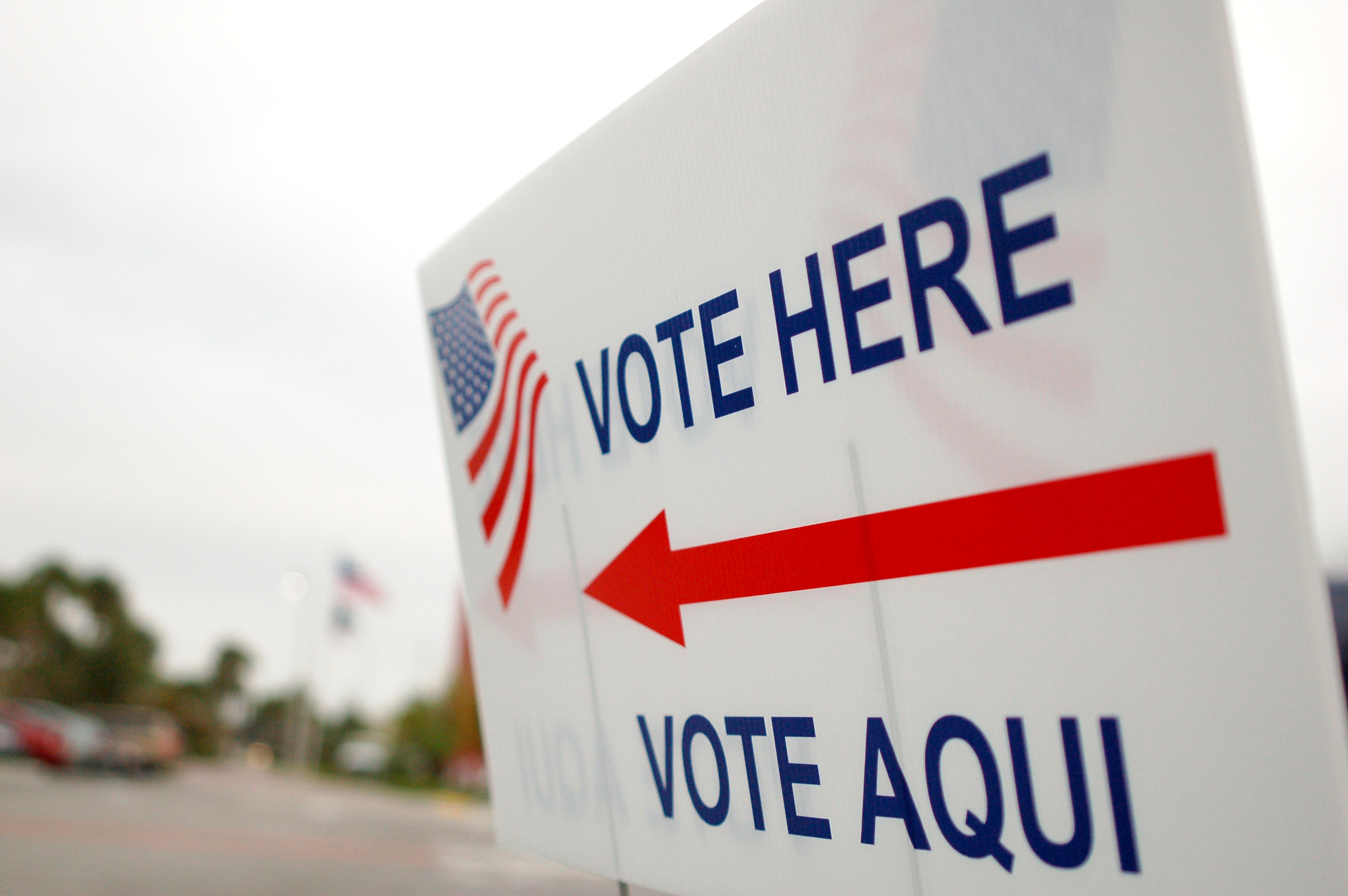The 2018 Georgia gubernatorial election on Tuesday, Nov. 6, has resulted in an unclear victor after Democrat Stacey Abrams trails Republican Brian Kemp by an unofficial tally of 62,722 votes, according to The Associated Press.
Kemp, the Republican Secretary of State, resigned on Thursday, Nov. 8, after declaring victory in his contest against Abrams where he currently leads Abrams, 50.3 percent to 48.7 percent, according to the New York Times.
Abrams has refused to concede the contest after insisting that there may be enough absentee and provisional ballots to prompt a runoff election on Dec. 4. To avoid a runoff election, one of the candidates must gain at least 50 percent of the vote.
Kemp’s campaign estimated that there are less than 21,000 uncounted ballots, which would not be enough votes to force a runoff. Abrams’ campaign estimated that she needs 25,000 votes to force a runoff, according to The Associated Press. The final returns for voting must be certified by county authorities on Tuesday, Nov. 13, while the statewide result must be certified by Tuesday, Nov. 20.
Abrams’ campaign filed a federal lawsuit on Sunday, Nov. 11, asking the judge to extend voting certifications by one day and to make officials count any votes that were “wrongly rejected,” according to Time Magazine.
If the lawsuit is successful, state officials will not be able to certify county vote totals until Wednesday, Nov. 21.
“There are votes left to count, but we have a very strong lead,” Kemp said during a speech in Athens. “Make no mistake, the math is on our side to win this election.”
Kemp has been under scrutiny for alleged voter suppression from Abrams and voting rights advocacy groups. These groups accuse Kemp of using his office of the secretary of state “to suppress votes and tilt the election.”
The groups have also said that Kemp’s policies regarding voting rights “disproportionately affect black and minority voters,” according to WABE.
In federal court on Friday, Nov. 9, the Georgia Democratic Party filed a lawsuit in Dougherty County, saying that voters were suppressed by not being able to cast mail-in ballots, according to The Atlanta Journal-Constitution.
Some residents of Dougherty County said they requested ballots by mail and never received them, which may be partially attributed to a delay in government functions from the impact of Hurricane Michael, according to the AJC.
“We are going to make sure that every vote is counted. Every single vote,” Abrams said in a speech at Regency Ballroom in Atlanta. “In a civilized nation, the machinery of democracy should work for everyone, everywhere.”
Abrams took the majority vote in Cobb County, taking in over 54 percent of the vote. She also took the majority vote in neighboring counties such as Douglas, Fulton, Gwinnett and Dekalb, according to the AJC’s election maps.
In the Congressional race, Reps. Lucy McBath (GA-6) and David Scott (GA-13) won in their districts and will be serving areas of Cobb County.
President of the Young Democrats at KSU Jesus Rubio said that he was happy to see the Democratic Party take the majority of seats in the House of Representatives.
“Many victories around the country accurately reflected the diversity of our nation, with women, minorities and LGBT candidates making historic wins,” Rubio said.
Republican incumbent Rep. Barry Loudermilk (GA-11) also won in his district, according to Politico. Loudermilk has served residents from Cobb and Fulton County since 2015 and will continue to serve the district until 2019.
Associate Professor of Political Science Dr. Benjamin Taylor said that if these recently elected members of Congress plan on seeking reelection, “they’ll take their constituents into account for the next two years and try to implement policies these folks in this area want to see.”

